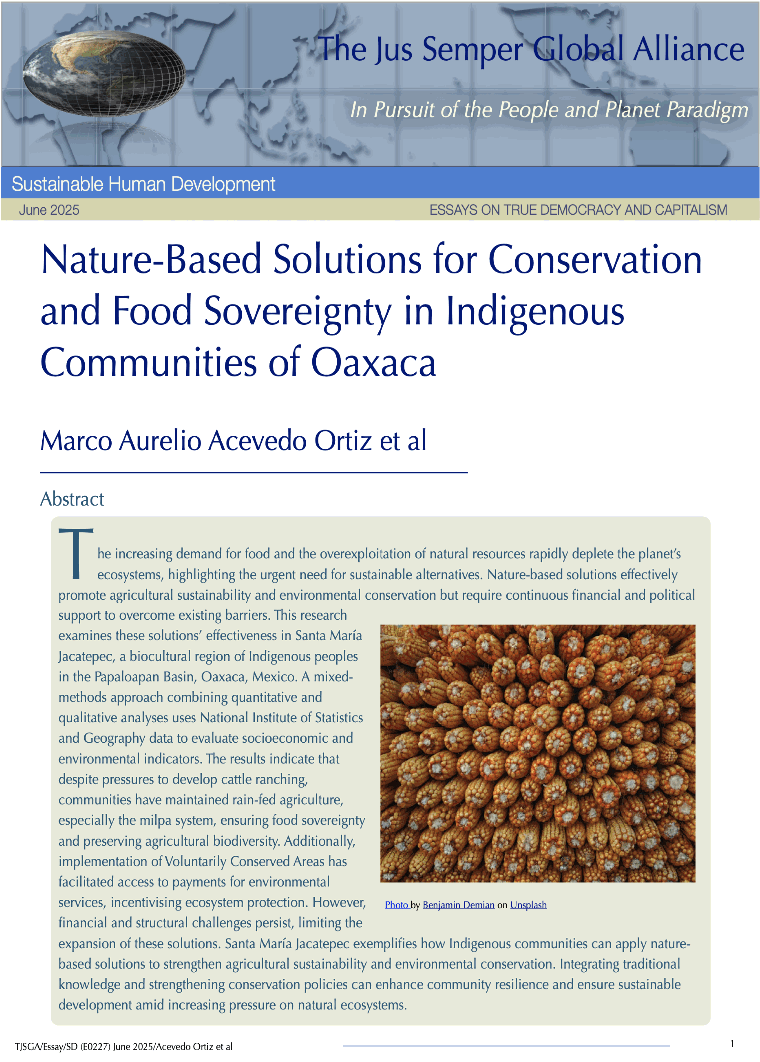Capitalism and the Financialisation of the Earth
In order to develop a critical analysis of the current capitalist expropriation of world ecology, it is necessary to explore the concept of natural capital in the work of Marx and other early radical critics within classical political economy. It will then be possible to contrast this to current approaches in neoclassical economics, which views natural capital in purely exchange-value terms, offering this as a solution to the environmental problem. If, in Marx’s analysis, the human economy existed within what he called “the universal metabolism of nature,” in today’s dominant neoclassical economics, according to Dieter Helm, Chairman of the UK Natural Capital Committee, “the environment is part of the economy and needs to be properly integrated into it so that growth opportunities will not be missed. Integrating the environment into the economy is hampered by the almost complete absence of proper accounting for natural assets.” Here, the whole of the Earth System is conceived as a largely unincorporated “part” of the capitalist economy. In Helm’s conception, the capitalist economy faces no outer boundaries but is capable of subsuming all of nature, which then simply becomes part of the overall capitalist system.
For a full review of this essay, click here or on the picture to download the pdf file.
|
- © The Jus Semper Global Alliance

| Home |  | Resources |  | Economic Data |  | Nature as a Mode of Accumulation |


